
Explore the top rated Rochester drug rehabs with confidence. We've analyzed each of the 25 addiction treatment centers in Rochester, MN for patient reviews, clinical credentials, transparency, and brand reputation to identify the best rehab programs.
Filter by inpatient, outpatient, detox, health insurance, specialty program and more to quickly find the best drug and alcohol rehab in Rochester.Our Methodology
Rehab Score
Our Rehab Score is designed to make it easier for you to find the best treatment centers. We combine overall ratings with recent feedback to create a score that reflects a center's quality right now.
.
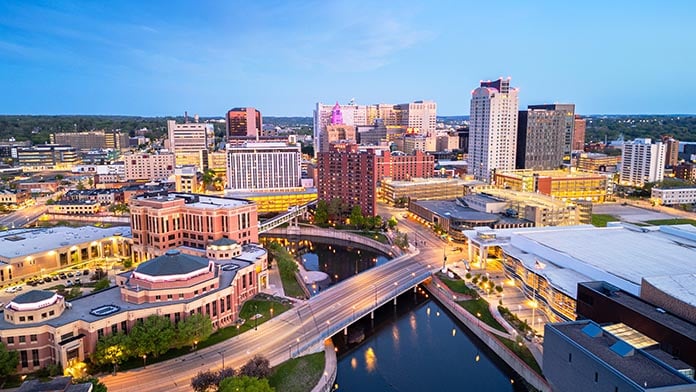
| Name / Address / Rating | Description | Treatments / Programs / Payment Options | Review / Contact | Images | |
|---|---|---|---|---|---|
Rochester, MN | Minnesota Adult and Teen Challenge is a comprehensive drug and alcohol rehab in Rochester, Minnesota providing medically supervised detox, dual diagnosis care, and inpatient, outpatient, and aftercare services. Gender specific and dedicated programs for adolescents, young adults, and persons living with HIV/AIDS are available. Minnesota Adult and T | Treatments Programs Payment Options | Helped me out alot!
Dylan Stephans
6 months ago
I was there during Covid. Amazing staff, treated with the upmost care. Tommy T is an amazing man who cares deeply for everyone and their story. I am from Eau Claire Wisconsin and I felt at home there. Gorgeous place to go. Also have to add during my time there my recovery coach April G. changed my life so much to this day I will never forget how caring, respectful, and supportive she is. She made such a difference in my life and I could truly never say in words how much I appreciate her!
Kristine Thompson
6 months ago
In January I did the short term program and I've been to so many other treatments this was by far the best one. The gym is close to the best part but also it's some what about god and spirituality the long term is really about and I feel what's been missing is a connection with the lord. Highly highly recommend this place. It works if you work it!
Steven Taverna
7 months ago
| 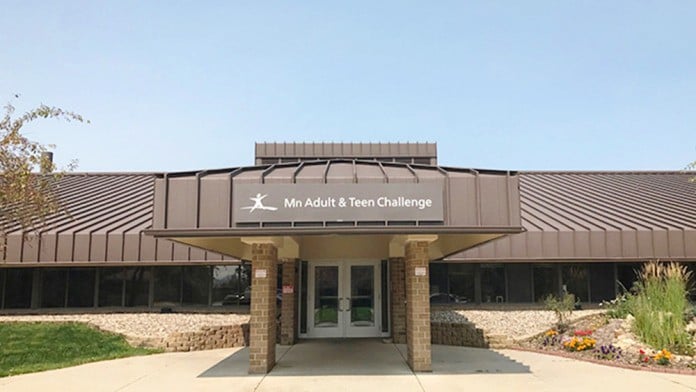
6 6 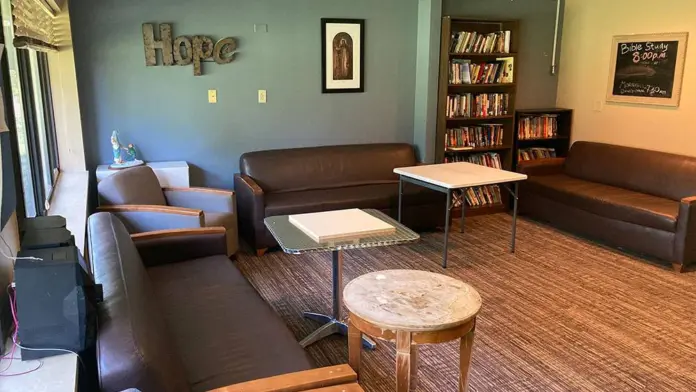
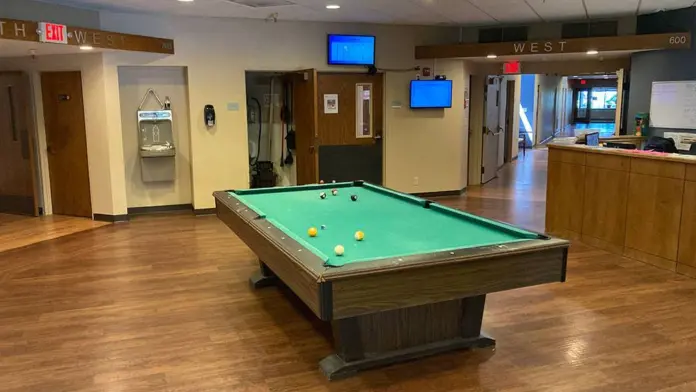
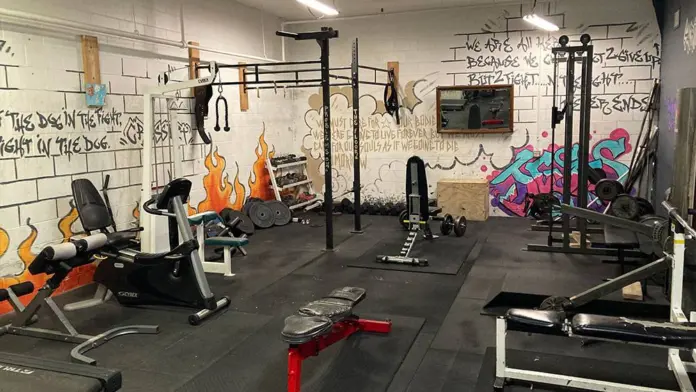
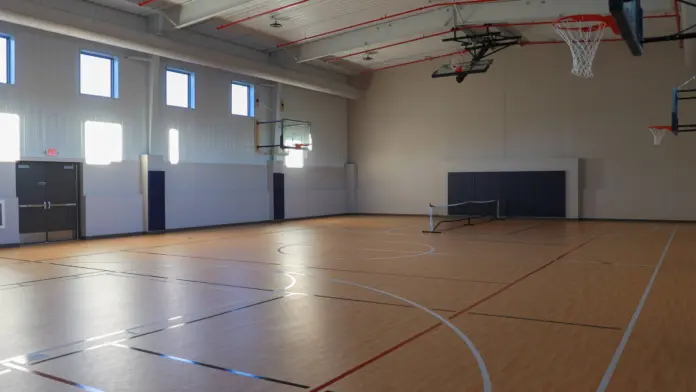
| |
Rochester, MN | New Season Treatment Center, in Rochester, Minnesota, provides opioid recovery for adults 18 and older. The goal is to offer compassionate, comprehensive treatment in Rochester and nearby areas, such as Austin, Kasson, Pine Island, Spring Valley, and Owatonna. One of the primary services at this location is medication assisted treatment. A client | Treatments Programs Payment Options | Love my treatment team been here for over 8yrs...and never have slipped . Still on the right track.Great support ,amazing counselors who care!
Trish Steele
10 months ago
Saved my life!
Vanessa Mitchell
2 years ago
This place saved my life i would recommend this treatment center to anyone who wants to get clean it's not easy to work the program but it can be done!! As for the fake reviews on here yall people gotta find something better to do lol
chris sauce
2 years ago
| 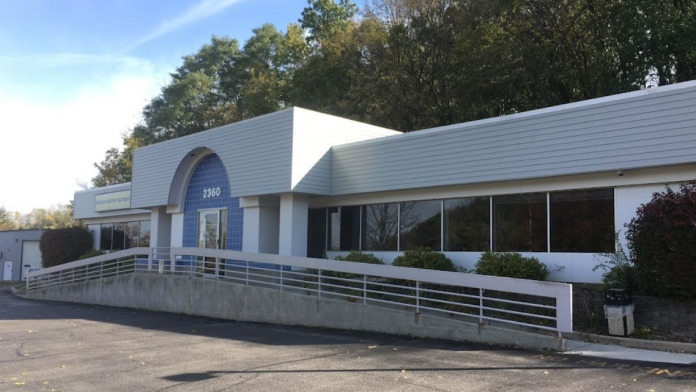
2 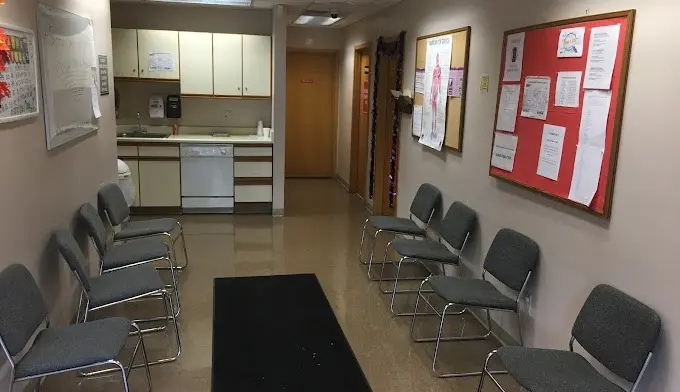
| |
Rochester, MN | The Gables, located in Rochester, Minnesota is a private alcohol and drug rehab that offers treatment for a variety of substance abuse addictions including alcoholism, co-occurring mental health disorders, and opiate addiction. They offer supervised medical treatment to safely manage withdrawal symptoms during detoxification, as well as residential | Treatments Programs Payment Options | This treatment center saved my life and gave me a chance to be a productive member of society
No One
2 years ago
I spent almost 6 months at the gables from oct.2018 to April 2019. That place saved My life and changed My life. I'm still in contact with some of the old staff and made a lot of connections with some amazing woman. No cell phone was one of the best ideas. MY mental health has remained stable and I have little over 5 yrs of sobriety. Thank you for changing and saving My life,!!!!!!
Heather Scharbach
2 years ago
The Gables was by far the best treatment I have been to, which is saying a lot as I have been to inpatient 15 times. The staff thoroughly care. They are so compassionate, professional and kind. The food was amazing. I felt safe and was able to process a lot of issues plaguing me for years. They treat the clients with respect and go above. I love this place!
sara stobie
3 years ago
| 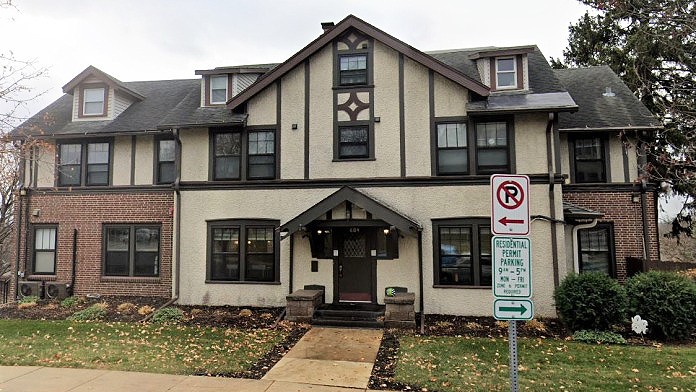
2 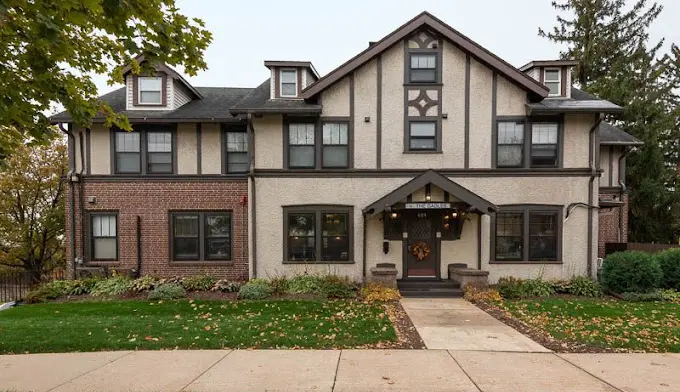
| |
Sandstone Care Tinley ParkAd This is an ad and Sandstone Care Tinley Park is a paid advertiser. Paid advertisers may be listed first in search results. This ad may contain content provided by the advertiser. Rehab.com does not verify ad content or any reviews that are displayed. Learn More Tinley Park, IL | At Sandstone Care Tinley Park, we help teens, young adults, and their families overcome challenges with drugs, alcohol, mental health issues, trauma, and addiction in Tinley Park, Illinois. At our Drug and Alcohol Rehab Center, we focus not only on helping individuals overcome substance use, addiction, and co-occurring mental health conditions but | Treatments Programs Payment Options | View Website (888) 491-9937 | Sandstone Care Tinley Park has no reviews yet. Leave a review.
| 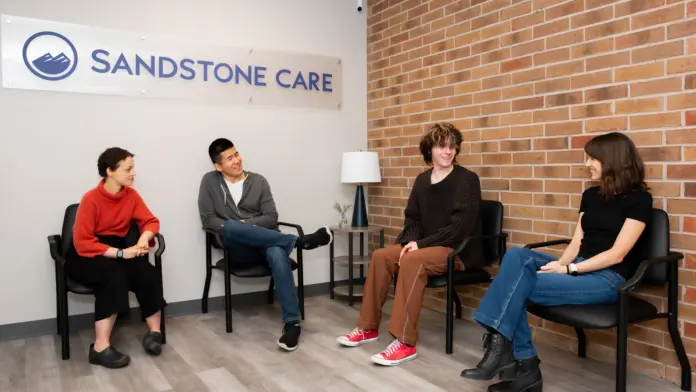
|
Rochester, MN | Empower Treatment Center helps individuals and families navigate substance use and mental health challenges that impact daily life and wellbeing. This is one of their facilities, located in Rochester, Minnesota. They can also help you address co-occurring disorders, domestic violence and related conditions. Services are provided by trained profess | Treatments Programs Payment Options | Great staff & very workable with payments & insurance !
Luis Ovalle
1 year ago
Amazing !
Allie Pone
6 years ago
I wouldn't be 18 months clean without empower Steve is a great therapist and I couldn't ask for better dr highly recommended
David Hansen
6 years ago
| 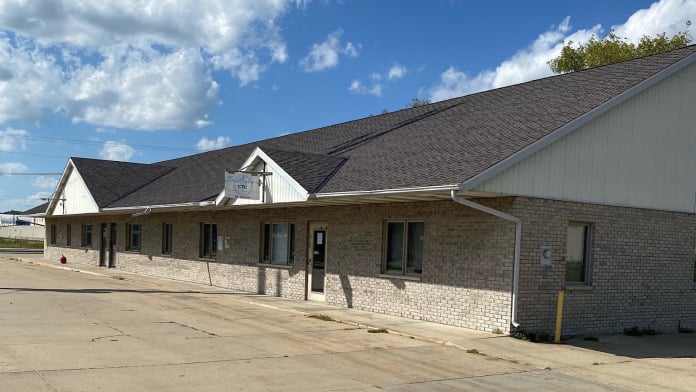
2 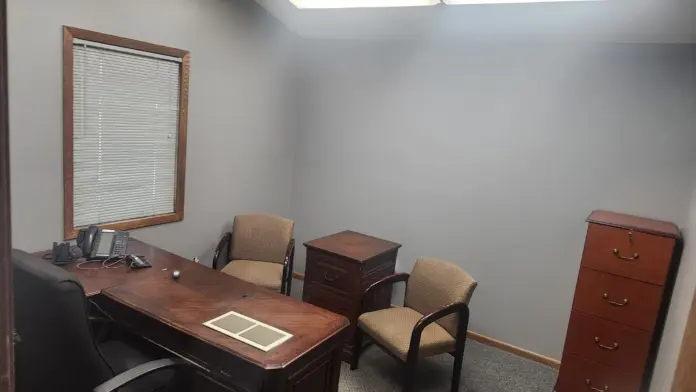
| |
Rochester, MN | Pathway House provides drug free, supported living for adults in the Rochester, Minnesota, area. They offer a variety of gender specific programs based on the 12 Steps that help participants return to good physical, emotional, mental, and spiritual health. Pathway House- Men’s Program provides sober living and transitional care. Sober Living is | Treatments Programs Payment Options | This was a interesting house for the homeless both men and women, these individuals are precious and beautiful both internally and externally.
Howard Coston
4 months ago
Its a life changer
Tanya Caswell
6 months ago
Great Place to recover. The staff are helpful and caring. There is good food with a cook on-site. Not too much programing and you can work while living there. Great area down town rochester minnesota.
Tcas
8 months ago
| 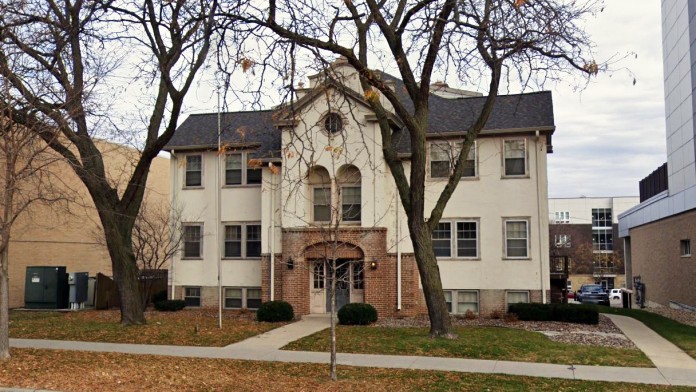
2 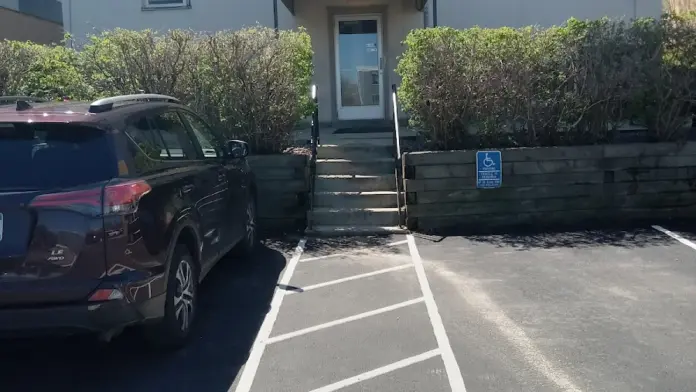
| |
Rochester, MN | Mayo Clinic Health Systems Fountain Centers is located in Rochester, Minnesota. They’ve been helping people fight substance abuse for 50 years. The core value of this addiction treatment center is that the patient comes first and they strive to help their patients be healthy and productive in society. They try to help people navigate through extr | Treatments Programs Payment Options | I'm in debt to these people, but I will never be able to pay them for all the support and help they have given me, they have truly saved my life. In Fountain Centers, you will receive excellent services.
6 years ago
Saved my life! I owe them! Amazing job when no else could!
ben harris
7 years ago
| 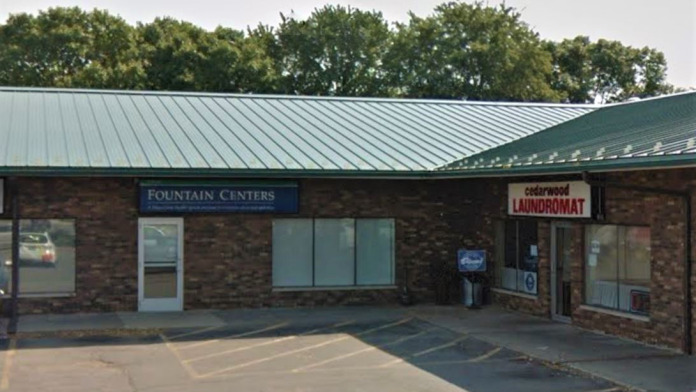
| |
Top Minnesota Cities | |||||
Rochester, MN | Zumbro Valley Health Center in Rochester, Minnesota provides mental health and addiction treatment services to teens and adults. Support extends to the LGBTQ+ community as well as veterans and individuals with traumatic brain injuries. They have specialized services for survivors of trauma and people with concurrent mental health issues too. State | Treatments Programs Payment Options | Most of the people whom I have worked with at woodlake location has been quite stellar in their professionalism, and candor with me. I appreciate their intelligence and commitment to the healing process as well as attention to HIPPA. I strongly trust my counselor, and case manager, as well as many other advocates in various other programs here.
They offer skills building groups, peer services, a tobacco quiting clinic, and a pharmacy of their own!
The IRTS program is decent. The staff are all mostly wonderful people. Some staff misreport, and use cameras to frame accusations that have effected how I receive care. I left the program, because of Leadership here using dark psychology on me, having zero accountability, and very low integrity. Other than that it is a stellar program with a lit of helps for people seeking healing and life transformation.
David Yeager
4 months ago
In reality ignore all the negative comments these people are mentally enslaved this place is really helpful and is in the process of helping me get mentally better and help with my addiction good place and staff 8/10 good place if you actually want help I mean yeah some of the detox staff are entitled but honestly if I worked their and had to deal with me I would understand just saying
Gavin John
1 year ago
I love how they integrate all of your services together!!!
Amanda Jeter
1 year ago
| 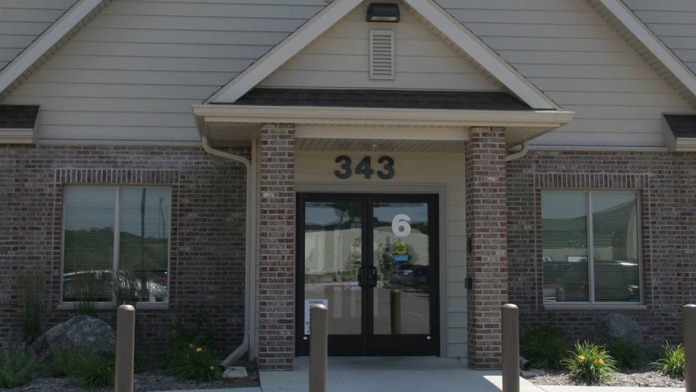
2 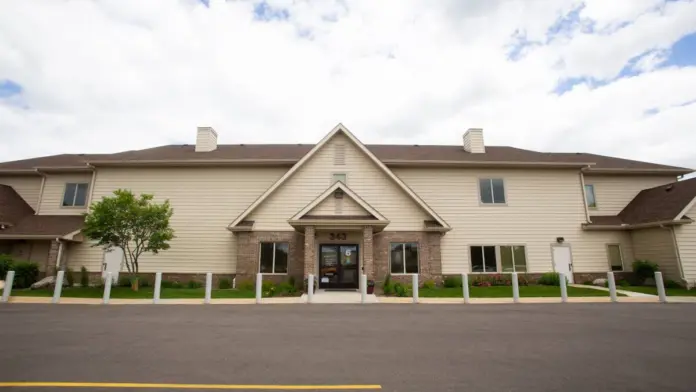
| |
Rochester, MN | Mayo Clinic | Psychiatry, located in Rochester, Minnesota is a private alcohol and drug rehab that offers treatment for a variety of substance abuse addictions. They offer residential care providing long term support for addiction recovery, as well as flexible outpatient addiction therapy allowing patients to live at home while receiving regular tr | Treatments Programs Payment Options | I just want to say to the Doctor's here. Thank you so so much!! You helped changed my daughter's life. We went to 11 hospitals and no one could help my daughter. Until I came here. They do amazing work. They changed my daughter's life for the better. I am eternally thankful! God bless!! think the doctor's here are amazing! I am very thankful for their amazing work on helping me with my family! I don't care for the nurses. I think need better screening. But, the doctors know their medicine. Greatful!
Roseabelle Shelton
2 months ago
Dr. Moline has been great with treating my husband appropriately and helping his needs.
Sara Peterson
3 years ago
| 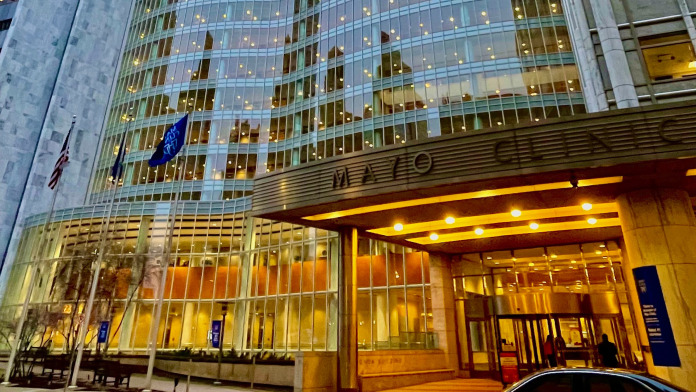
4 
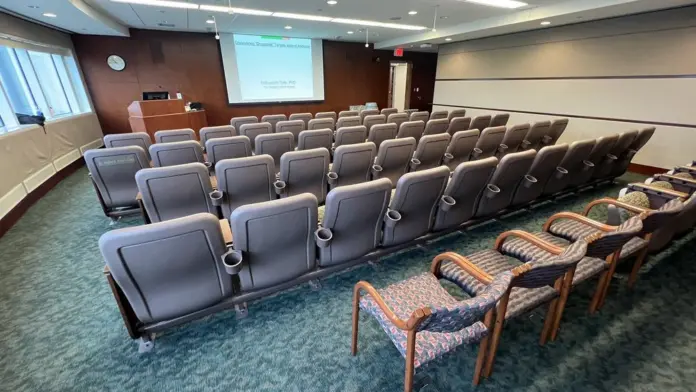
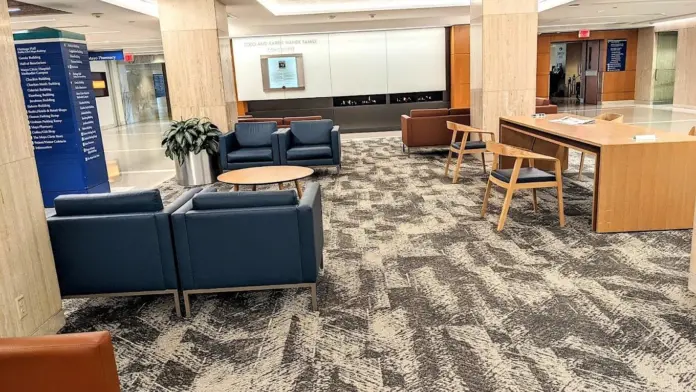
| |
Rochester, MN | Located in Rochester, Minnesota, is the nonprofit organization Recovery Is Happening. This program helps adults, formerly incarcerated individuals, and justice involved individuals receive the supportive care they need to become free from drug, alcohol, or substance abuse. Outpatient care, peer support, medication assisted treatment, and telehealth | Programs Payment Options | My PRSS Shavon has made my life have meaning again, I couldn't have done any of this in my recovery without her. Comming up on a year and it's so wonderfull that we have Prss services now remember what it was like... Stuck! Uggh. A breath of fresh air. I love welbriety on Thursday nights at 5:30 come get smudged and heal yourself and this around you. We are even now blessed with a SOUND BATH every month with great food too!! Wow sound baths are rare to find, the sounds flow all the way to you into your soal I saw t it like a Disney image imagined but it's intense
Christina Blackledge
11 months ago
Pretty good
Sarah Pueppke
1 year ago
Staff are awesome! Great gym experience! Great atmosphere!!! Family environment!!
Jewish Native
1 year ago
| ||
(LSS) Lutheran Social Services of SDAd This is an ad and (LSS) Lutheran Social Services of SD is a paid advertiser. Paid advertisers may be listed first in search results. This ad may contain content provided by the advertiser. Rehab.com does not verify ad content or any reviews that are displayed. Learn More Sioux Falls, SD | Counseling Resources in Sioux Falls, South Dakota, is in the southeast region of the state and the southwest corner of Sioux Falls. They’ve been serving residents for over 100 years. They’re located near Saratoga Park and the Butterfly House and Aquarium, offering several areas to explore between therapy sessions. Mental Health and Substance Us | Treatments Programs Payment Options | View Website (605) 444-7500 | (LSS) Lutheran Social Services of SD has no reviews yet. Leave a review.
| |
Rochester, MN | Rochester VA Clinic is an outpatient veterans treatment center for addiction located in Rochester, Minnesota. They treat any veteran who suffers from drug or alcohol addiction and also treat mental health disorders. This is called dual diagnosis treatment, and these conditions can sometimes entangle themselves with one’s addiction, making it more | Treatments Programs Payment Options | Great staff. They never have any problem explaining the process you have to follow to get treatment and never have any problem figuring out my insurance situation.
6 years ago
| ||
Rochester, MN | Located in South Rochester, Minnesota, is the addiction treatment center, Common Ground. This is an organization that provides chemical use assessments, intensive outpatient care, interventions and family support programs. They work with adults, youth and families who have been impacted by substance use struggles. Their Rochester office has a dedic | Treatments Programs Payment Options | After reading these reviews I want to remind everyone this is not an inpatient. This is a stepping stone after treatment. I have a family member there and its been great for her. No place can make someone sober unless they want it.
Heather Ogilvie
1 month ago
This place is a fantastic transition from inpatient to IOP. The PRS's are super helpful and a huge benefit in your journey through recovery. The owners are wonderful people, engaging and really care about the clients as well. I couldn't say enough good things about my time here. Thanks for all you guys did!
Justin Charles
2 years ago
If you are looking for help for yourself or a loved one, the staff at Common Ground are phenomenal. They will provide you with all of the tools you will need to live a clean and sober life. They are tough when they need to be but also very accepting of wherever you are on your own journey to a healthy life. Common Ground provides you with a safe and caring environment while teaching you the life skills needed for successful life changes. Highly recommend!
Vicky Giordano
5 years ago
| ||
Rochester, MN | Pathway to Parenthood is now Pathway House. They’re located in suburban Rochester, Minnesota, not too far away from St. Mary’s Park. They provide transitional living and support for chemically dependent adult women. They provide a sober support system while showing residents how to make healthy life choices, find a job, improve relationships, a | Treatments Programs Payment Options | Pathway House has no reviews yet. Leave a review.
| 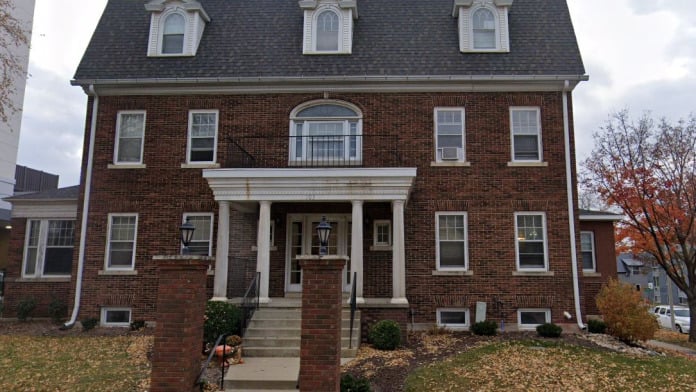
| |
Rochester, MN | Community Behavioral Health Hospital (CBHH) is located on Woodlake Drive Southeast in Rochester, Minnesota. Their facility includes a standalone hospital with ample, onsite parking located at the intersection of 52 and 63. They provide behavioral health services, by referral only, to address and treat your mental health issues and substance use dis | Treatments Programs Payment Options | CBHH has no reviews yet. Leave a review.
| ||
Rochester, MN | Oxford House- Eleventh Avenue, located in Clarksville, Indiana, is a democratically run, self-supporting, and drug-free home. It provides sober living accommodations to men and women seeking to live a life of recovery in a community of like-minded individuals. Oxford House- Eleventh Avenue provides sober living accommodations. The Oxford House- El | Treatments Programs Payment Options | Oxford House Eleventh Avenue has no reviews yet. Leave a review.
| 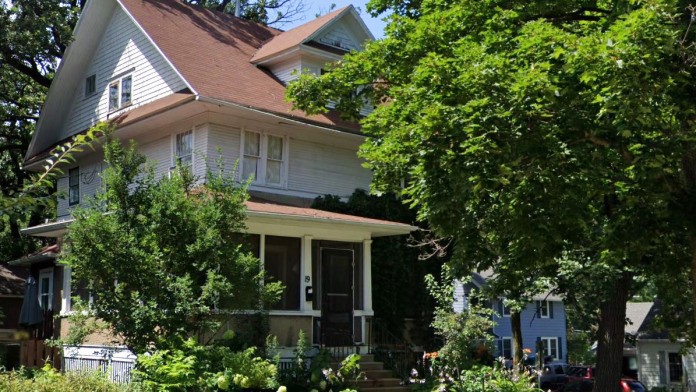
| |
Austin, MN | Located on 12 acres in rural Minnesota, Nexus-Gerard Family Healing offers mental health and addiction services for children, adolescents, and families in Austin, Minnesota. They provide inpatient, dual diagnosis, and aftercare services for youth ages 6 to 18, including support for their families to cope with the challenges of mental health issues. | Treatments Payment Options | I was here in 1999 sentenced 2 - 24 months I did 11 months. It was my last stop. I had been in at least a dozen treatment centers over 8 years of being court order before this. I spent from 9 to 18 years old locked up and this is the only place that worked for me! I had life changing moments here and it was the best thing that could have ever happened to me. This place and it's counseling team saved my life!!!💗 I can not thank u enough. I recommend to all who need help. This is an amazing place. It will change your life. For the best 👌 it's been 25 years and I'm in town. I'm going to stop bye and look for one last memory. Thank u gerard😭
Joshua
1 year ago
I was There From October 31st 2000 to December 11th 2001....I know there's a lot of people that had really bad experiences there but the place helped me a lot it saved my life...I will never forget my time there...I was on chateau unit....
Zeppelin Peterson
1 year ago
I had two different children that went there through COVID. They only have good things to say. The staff was friendly and understanding of individual kids needs.
Kelly Brown
2 years ago
| 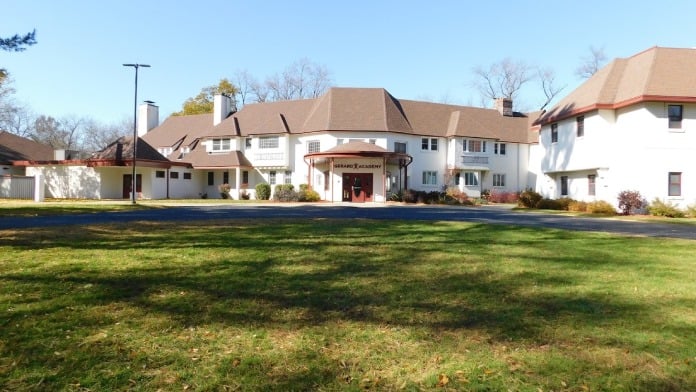
3 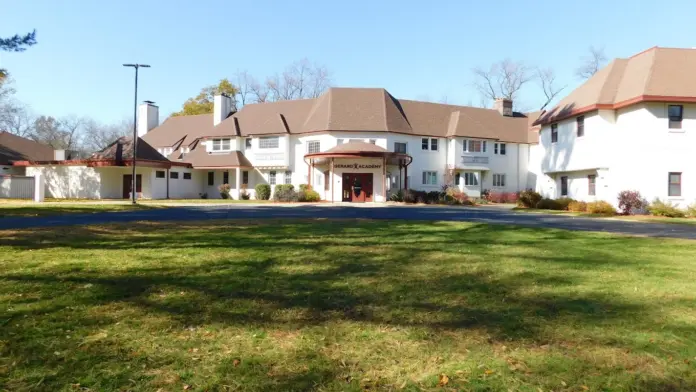
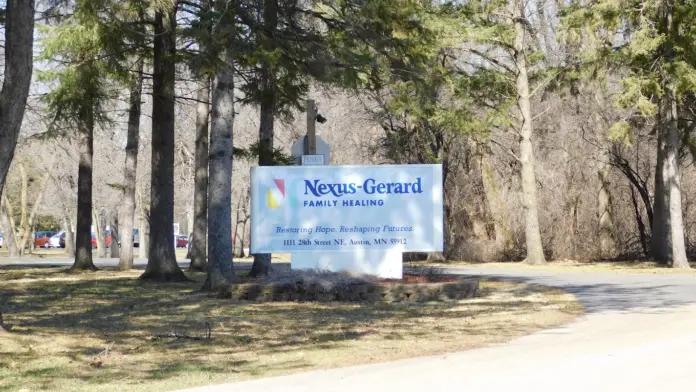
| |
Sandstone Care NapervilleAd This is an ad and Sandstone Care Naperville is a paid advertiser. Paid advertisers may be listed first in search results. This ad may contain content provided by the advertiser. Rehab.com does not verify ad content or any reviews that are displayed. Learn More Darien, IL | At Sandstone Care Naperville, we help teens, young adults, and their families overcome challenges with drugs, alcohol, mental health issues, trauma, and addiction in Illinois. At our Drug and Alcohol Rehab Center, we focus on not only helping individuals overcome substance use, addiction, and co-occurring mental health conditions but also on provid | Treatments Programs Payment Options | View Website (888) 491-9937 | Sandstone Care Naperville has no reviews yet. Leave a review.
| 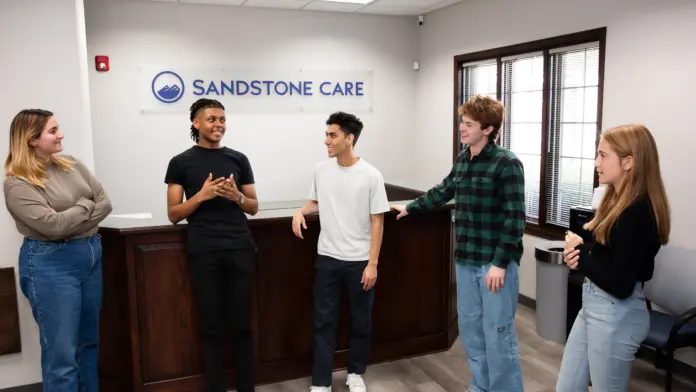
|
Austin, MN | The Mayo Clinic Health System in Austin, Minnesota, is a full service hospital with a lot of different services. One of the things they offer is outpatient addiction treatment for adults and adolescents. You can get treatment in person or virtually through video appointments. As one of many Mayo Clinic Health System locations around the US, this pa | Treatments Programs Payment Options | Eva lehocky
Evabear
4 months ago
Used my whole life.
Dianna Bryan
11 months ago
I have been dealing with kidney stones for the past few days and I just wanted to say that Dr. Krippendorf and nurse Shane in the E.R. were completely awesome and helpful both nights I was in the E.R.
Also Dr. Miller in urology and nurse Jessica and their whole staff was wonderful and got me taken care of so quickly! Dr. Varela and the anesthesiologists team were super awesome and helpful as well! GOD Bless!
J.A. “Jessica” Simmons
2 years ago
| 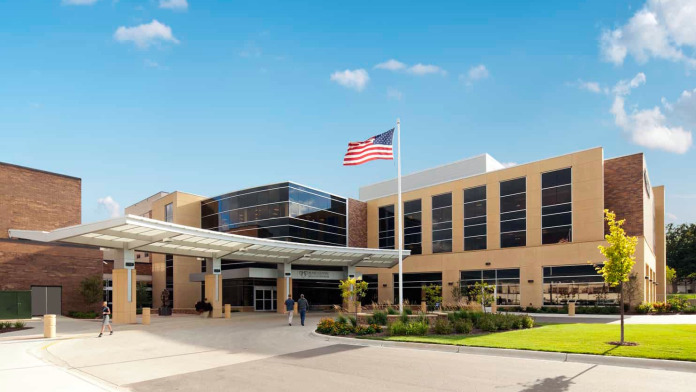
6 6 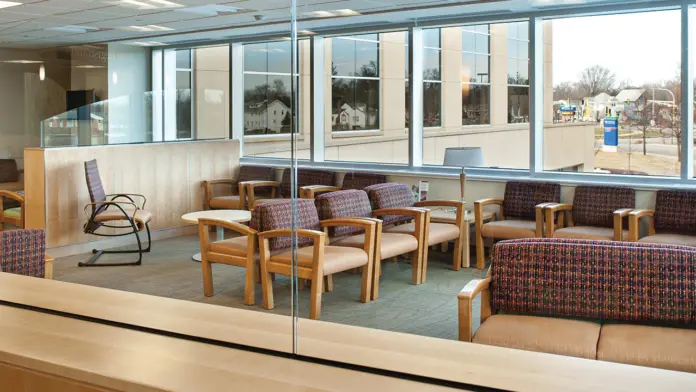
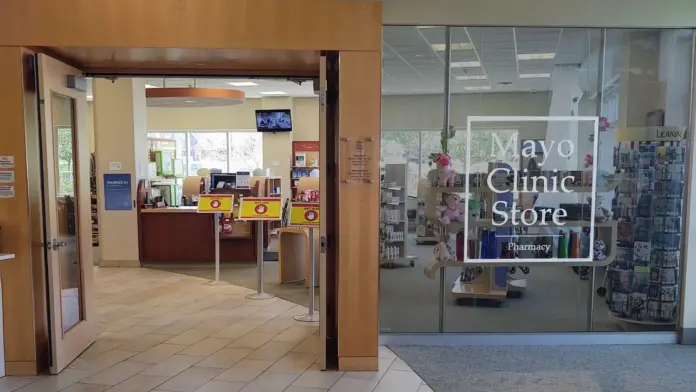
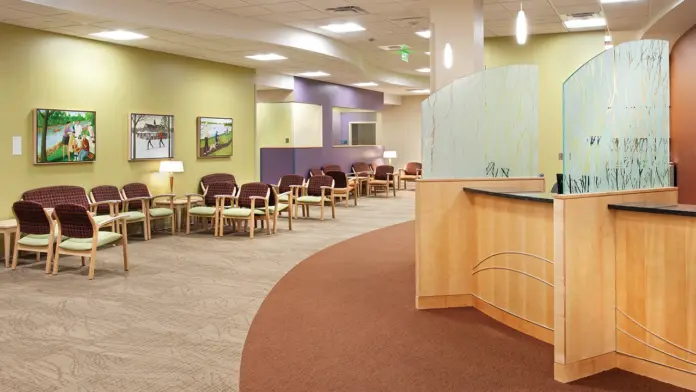
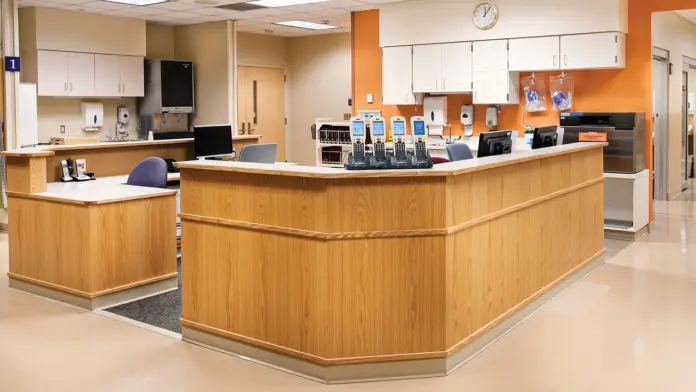
| |
Austin, MN | Austin Manor, an Intensive Residential Treatment Services (IRTS) program, includes time-limited residential services to individuals in need of a structured setting. IRTS are designed to develop and enhance psychiatric stability, personal and emotional adjustment, self-sufficiency, and the necessary skills to live in a more independent setting. The | Treatments Programs Payment Options | Years ago i was in this place staff was friendly but stern. It helped me get to where i am now. Thanks
Veronica Cota
2 years ago
They offered cooking class ever Thursday. Groups were very insightful and I could take alot of information home to my family. Austin Manor helped improve my quality of way. I was able to utilize the time to engage in creating expression through writing. I really appreciated the staff very accurate and thorough in seeing to your process of recovery.
Cassandra Keacher
4 years ago
| 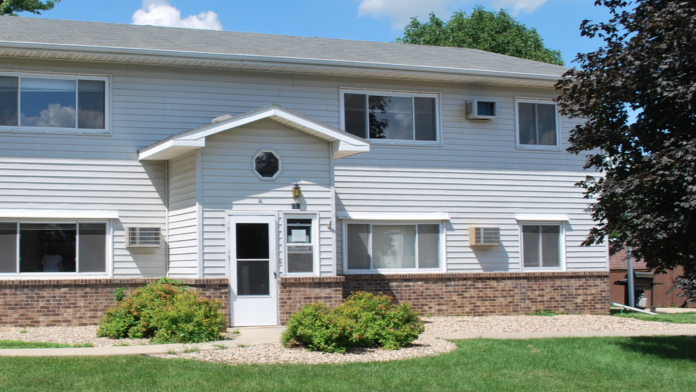
3 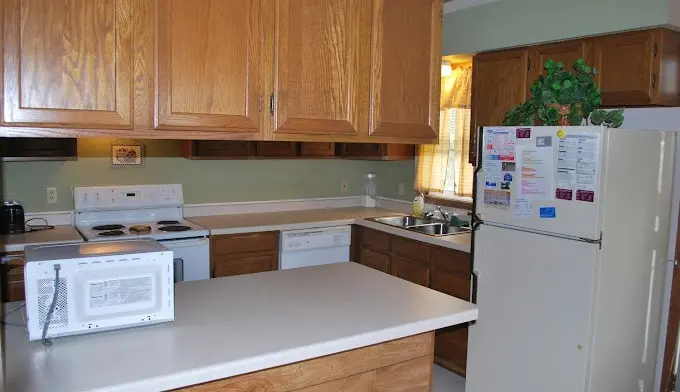
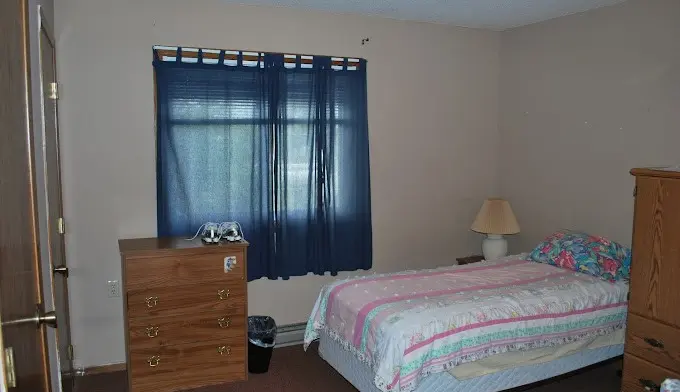
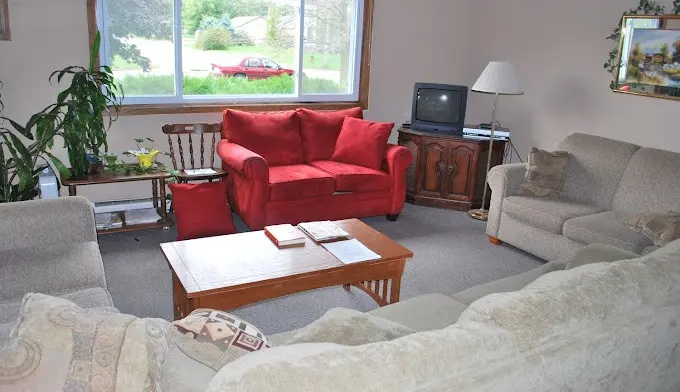
| |
Northfield, MN | Omada Behavioral Health Services is a clinic dedicated to provide substance use disorder treatment to teens and adults. Services include outpatient and intensive outpatient programs. Omada Behavioral Health Services is located at Northfield, Minnesota. Omada Behavioral Health Services is an outpatient clinic licensed by the state of Minnesota, tha | Treatments Programs Payment Options | Professional, understanding, thorough, and experienced. Same day results. Understands mmj card holders and other conditions. Great place to learn, grow, and thrive. Knowledgeable on current trends and events. Pandemic isn't over, government response and emergencies have scaled back. Be mindful of others health concerns. Bring a mask, if you don't have one you can be provided upon request.
Angel Heesch
2 years ago
Top notch alternative for those of us who have struggled with the traditional AA approach to continued sobriety. I recently passed 14 months sober and there is no doubt in my mind that I never would have made it this far without the tools and education Sara provides those of us who battle addiction.✊💙
Benjamin Gerholdt
4 years ago
I love going to sarhas classes I have Learned alot from her thank u
S J
6 years ago
| ||
Owatonna, MN | Safe Harbour, located in Owatonna, Minnesota is a private alcohol and drug rehab that offers treatment for a variety of substance abuse addictions including co-occurring mental health disorders. They offer residential care providing long term support for addiction recovery, as well as flexible outpatient addiction therapy allowing patients to live | Treatments Programs Payment Options | People here are very attentive and caring. I love the way they always get interested in each life, it doesn't matter where are you from, they will treat you like a real person.
6 years ago
| ||
Center City, MN | Hazelden Betty Ford Foundation is in Center City, Minnesota. It’s an addiction and substance use disorder treatment center for teens and young adults, ages 12 to 25. They also treat dual diagnosis. The center is a nonprofit and accepts many insurance plans. They’re in network for most of the major insurance providers. Their programs are not cov | Treatments Programs Payment Options | Family Programming was an amazing experience and I recommend it to anyone suffering with addiction or know anyone and/or have a family member or loved one suffering
Courtney
1 month ago
This was my second time receiving treatment at Hazelden, and I truly felt a deeper sense of connection and growth this time (quality of service improved since last time ) This time, working with my counselor “nas” made a big difference in my experience. He showed great understanding, professionalism, and sensitivity while addressing my addiction challenges. His approach was thoughtful and respectful, and I always felt safe and heard during our sessions. Really loved the mental health part and mental health professionals!! I’ve learned so much about myself, and I’m proud to say I’m now two months sober.
Thank you to everyone at Hazelden for the support and care!!!
This experience has meant a lot to me!!
Falah Berwari
2 months ago
Amazing experience
Tim Kurkowski
4 months ago
| 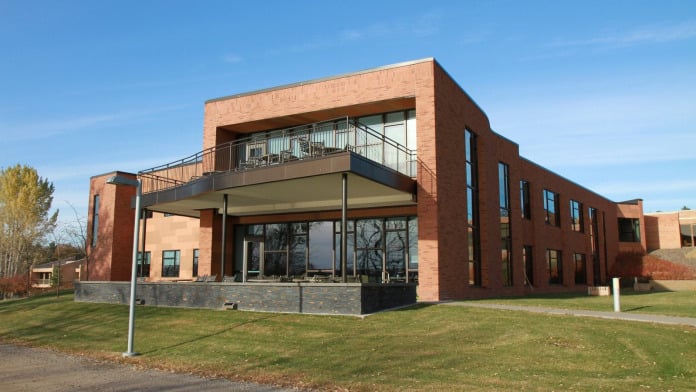
6 6 
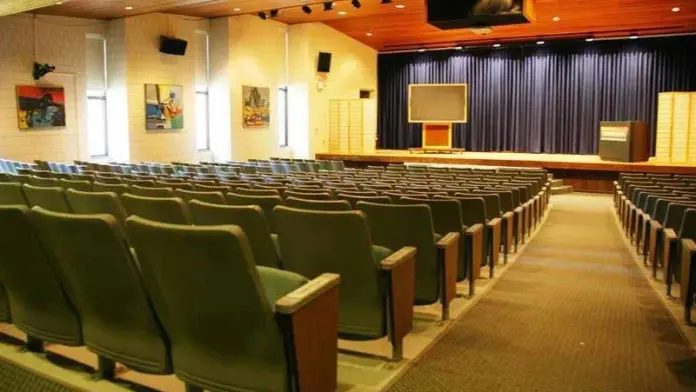

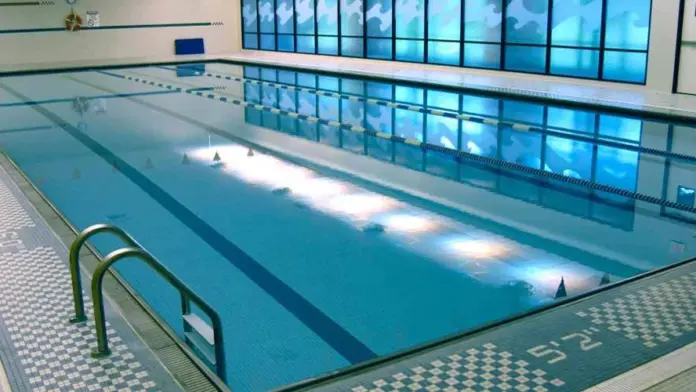
| |
Hudson, WI | Burkwood Treatment Center offers quality and individualized treatment for adults affected by substance use disorders. They also address co-occurring disorders. This is when someone is struggling with both substance misuse and mental issues. This residential facility is located in picturesque Hudson, Wisconsin, close to Minneapolis and St. Paul. Res | Treatments Programs Payment Options | So my experience here was an amazing life changing moment, that is leading the way for me to be successful in my Recovery. From every single RA to the kitchen staff, and everyone else that works there. My counselor was Jon, he was funny, blunt, caring and very smart. Im grateful to have met him. Cheryl and Kelly may seem like tough cookies, but they are god sent human beings that want nothing but the best for each and everyone of you. I see the hate in the comments..... The program is simple, follow the rules, learn, participate, and dont waste a bed for people that really want this!. I highly recommend this place to everyone. Im blessed i got the chance. Thank you to every single person at Burkwood. Love yall
Sincerely-- Anthony Dentz
Drew Yayo
3 months ago
Burkwood is an amazing place. Their staff truly care and are so rich of information to share about addiction, recovery, and real life. They’re are meant for their jobs. I’ve learned so much while I was there. I valued the daily book we filled out on our own, fully engaging and eye opening. I was lucky to have Pete as my counselor. His approach was thorough and helpful. My only complaint is that it was crowded there and access to phones, bathrooms, and laundry was a bit tricky but maybe that will change at some point. Thank you Burkwood!
Erin Klisch
4 months ago
My time at Burkwood was amazing, to say the least. The staff were great and it truly is up to you if you want this place to help you! Take what you can from it and be grateful. Reading some of these horrible reviews is crazy to me! It’s not a vacation - for a treatment center it’s pretty damn nice! The classes do get a little monotonous, but for the most part were engaging and helpful. My counselor Derek was the absolute best and the RAs Diane, William, Kristin, Aidan and Ashley were genuine and helpful. They are heavily rooted in AA which I thought I would hate at first, but if you’re just open-minded and listen to what speaks to you it’s not too shabby. They helped me set up IOP and sober living after and I’m enjoying the beginning of my sober life thus far. Thank you Burkwood ❤️
Madeline Nicko
5 months ago
| 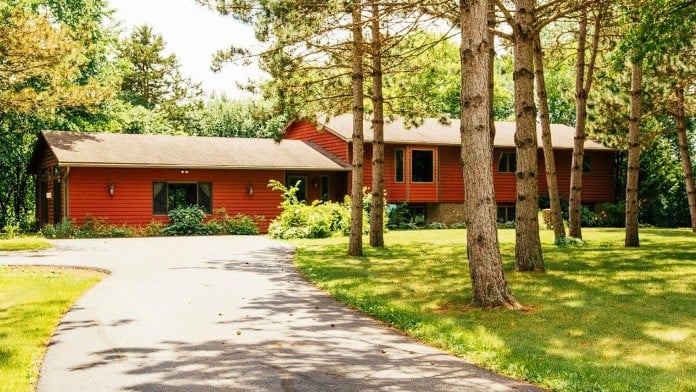
6 6 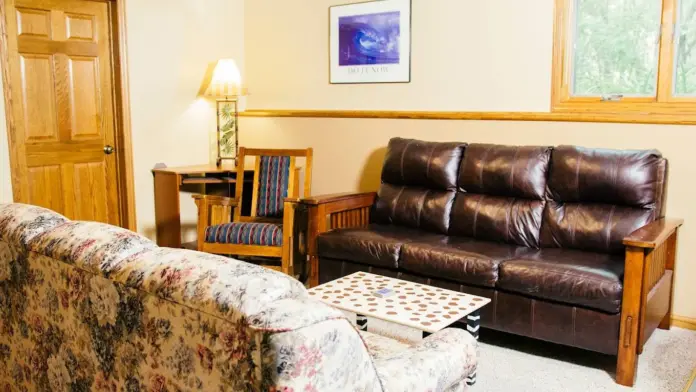
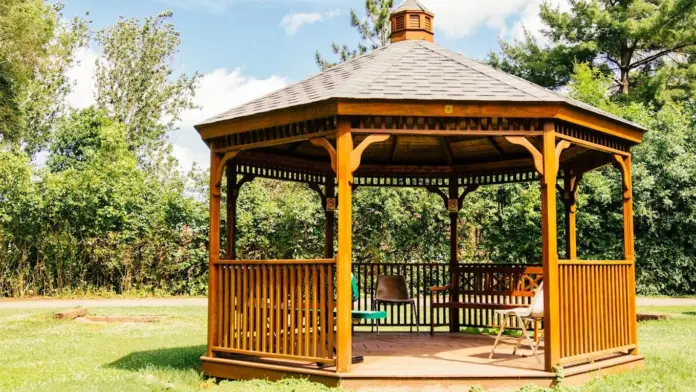
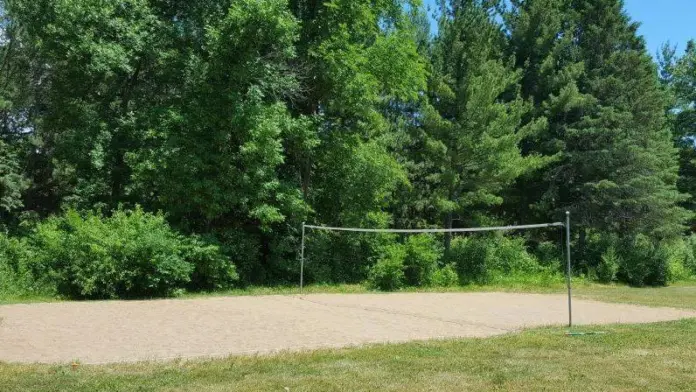

| |
Sandstone Care Treatment CenterAd This is an ad and Sandstone Care Treatment Center is a paid advertiser. Paid advertisers may be listed first in search results. This ad may contain content provided by the advertiser. Rehab.com does not verify ad content or any reviews that are displayed. Learn More Buffalo Grove, IL | Our Sandstone Care Treatment Center in Buffalo Grove, Illinois, helps teens, young adults, and their families overcome challenges with drugs, alcohol, mental health issues, trauma, and addiction. At our Drug and Alcohol Rehab Center, we focus on not only helping individuals overcome substance use, addiction, and co-occurring mental health condition | Treatments Programs Payment Options | View Website (888) 491-9937 | Sandstone Care Treatment Center has no reviews yet. Leave a review.
| 
|
Mankato, MN | Nystrom and Associates – Mankato Clinic is an outpatient behavioral health clinic in Mankato, Minnesota. They provide outpatient addiction treatment and mental health care for adults. They also provide child and family therapy and psychiatric care. The intensive outpatient program for substance abuse includes three four hour sessions of group the | Treatments Programs Payment Options | I thought I would be on a list for mental health services however to my surprise they assessed me right away and got me the help I needed they are supportive very kind people who understand mental illness I’d recommend them to everyone ❤️
christie lea
3 months ago
The people at this company actually care about your mental well being I’d recommend them all day long to everyone they are always on time and attentive to your specific needs and they’re very welcoming ❤️
Christie Lea
3 months ago
Highly recommend!
Amanda Jane
5 months ago
| 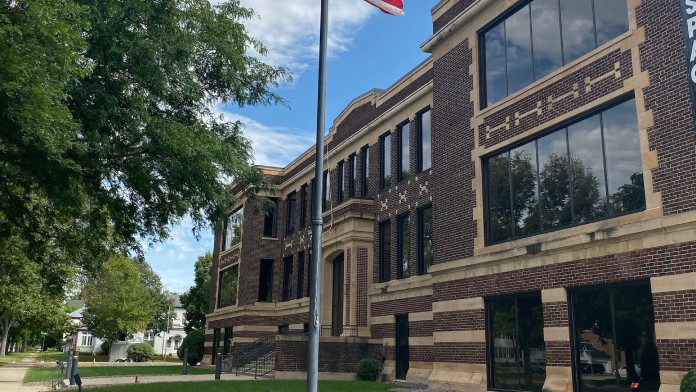
| |
Minneapolis, MN | Tailored for the LGTBQIA+ community, Pride Institute - Outpatient is located in Minneapolis, Minnesota. They provide treatment for co-occurring mental health disorders and drug and alcohol addiction. They accept Minnesota Medicaid, VA insurance and will work with outside loan agencies. Medication assisted treatment, intensive outpatient treatment, | Treatments Programs Payment Options | I enjoyed participating in H&I at Pride multiple times in the past. A great way to give back to the recovery community.
Chris Cinque
2 months ago
As a Pride alumni, I can proudly say this is the culturally specific place for a queer person seeking treatment. Thanks to Rule 25 and Minnesota’s inclusive and affirming approach toward LGBTQ+ folks, opportunities like this exist - and I’m so grateful for that. Pride played a vital role in my journey to recovery and self-acceptance, and I’ll always be thankful for the community and support I found here.
Whitney Nelson
2 months ago
My friend went here and I love that they got an affirming place to get sober at!
Trina Wybierala
2 months ago
| 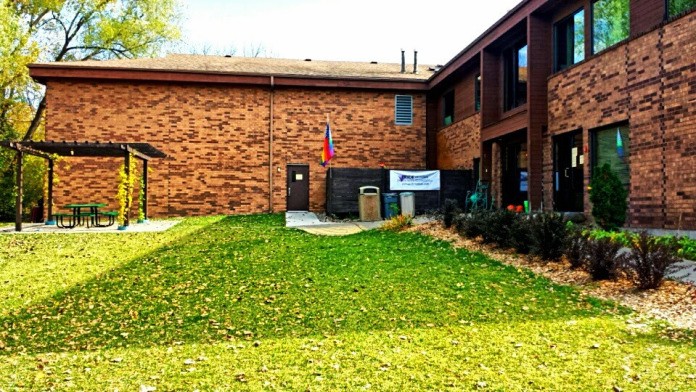
2 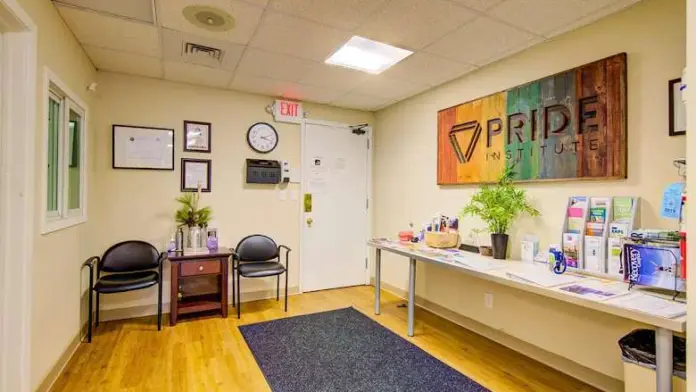
| |
Loretto, MN | Vinland National Centers is a behavioral healthcare provider for individuals with traumatic brain injuries (TBI), located in Loretto, Minnesota. The center also provides valuable community resources, mental health services, case management, and community referrals. Addiction-related services offered at Vinland National Center include mental health | Treatments Programs Payment Options | Truely epic lost and found bin!
I can only be grateful to the staff and the guys . It's hard to put into words.
Christopher Cooper
3 months ago
The most amazing, caring, loving and excepting place I have ever experienced when it comes to real healing!!! Vinland really started the thawing of my heart!!! I am so thankful each day for what Vinland has done for me!!!
Dustin Hoffman
4 months ago
absolutely amazing staff. They meet everyone were they are at. Recovery is possible
Gary Spring
5 months ago
| 
4 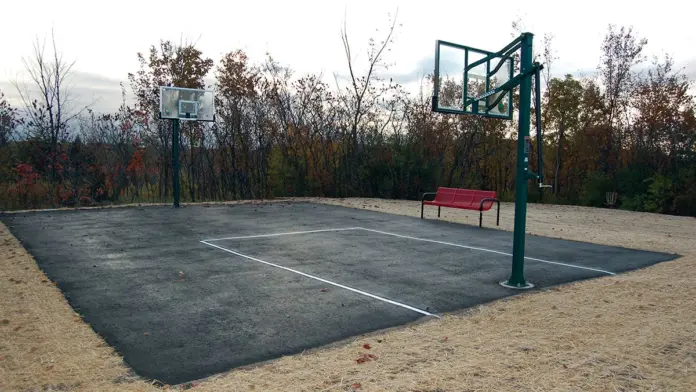
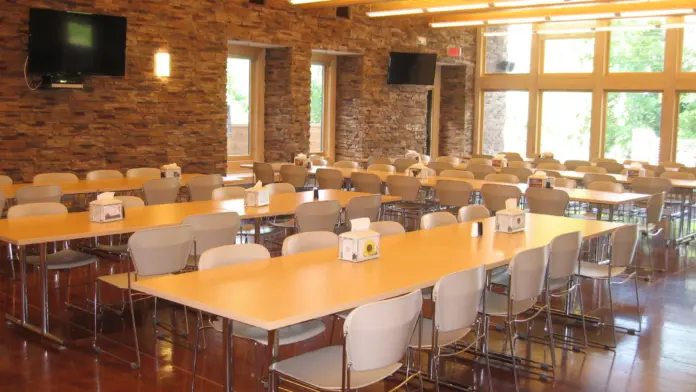
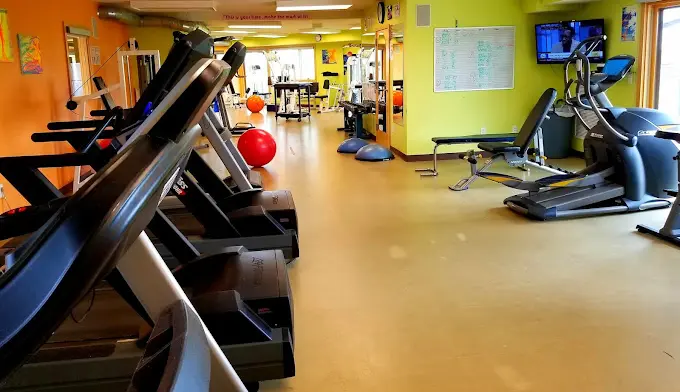

| |
Saint Paul, MN | Specializing in opioid addiction, dual diagnosis, alcoholism, mental health, substance abuse, and drug addiction, Meridian Behavioral Health is a pioneering rehab center in Saint Paul, Minnesota. For years, this addiction treatment center has been helping individuals struggling with addiction achieve sobriety. Meridian Behavioral Health is a wel | Treatments Programs Payment Options | Pretty chill place staff is phenomenal
Jashawn Jackson
2 months ago
Derrick S. Is one of the best RS that I have ever met in my recovery, he's dedicated to helping people who want change and a better life without drugs and alcohol!
George Pepin
1 year ago
I loved this place it changed my life and gave me hope to find life when all I wanted was to die thank u twin town
Eliezer Rodriguez
3 years ago
| 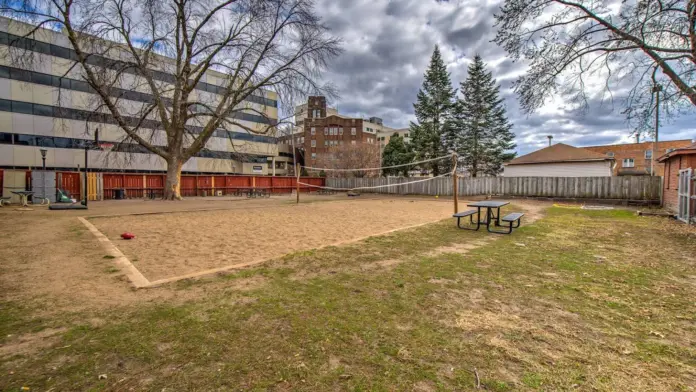
3 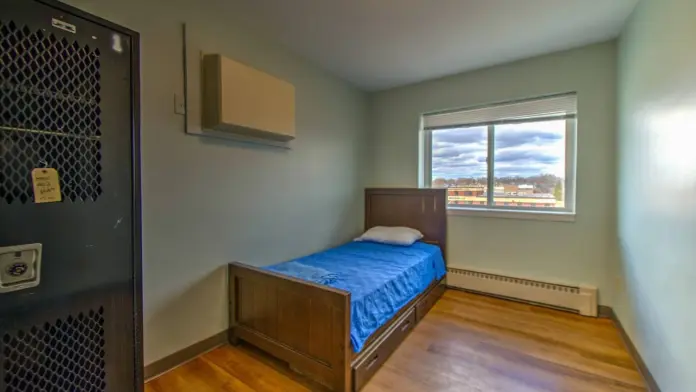
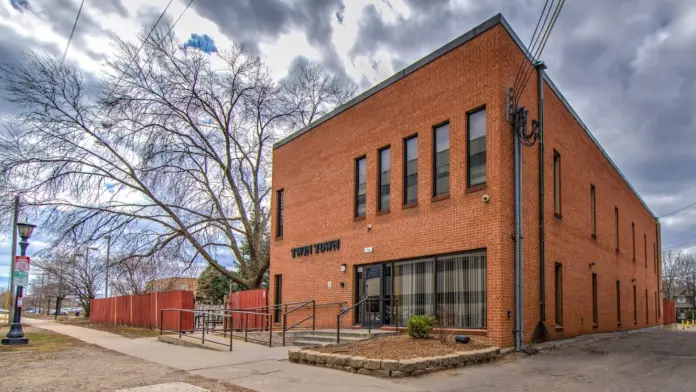
|

Rochester is the 189th most expensive city nationwide for addiction treatment affordability, with an average cost of addiction treatment of $55977. This is comparable to the average cost of $56630 for addiction treatment in Minnesota and comparable to the national average cost for drug rehab of $57,193.
The costs of drug and alcohol rehab in Rochester vary widely and depend on several factors, including:
The costs of addiction treatment listed for cities and states are averages based on the cost of medical detox, inpatient rehab, outpatient rehab, and medication assisted treatment. These averages are high due to the cost of medical detoxification and residential inpatient rehab programs.
These numbers also reflect the raw cost of drug rehab, before any insurance coverage. The typical individual seeking addiction treatment can expect to pay much less for outpatient or intensive outpatient services than the averages listed below.There are many ways to pay for drug rehab in Rochester. Most rehab treatment centers accept cash or self-payment, as well as private health insurance. However, there are many treatment centers in Rochester that accept Medicaid and Medicare, or offer sliding scale payments or other low-cost payment options. Here's the complete breakdown of how to pay for addiction treatment near Rochester.
Blue Cross Blue Shield is the most widely-accepted insurance for drug rehabs in Rochester, with 2 treatment centers in the city accepting their insurance. Optum is the 2nd most popular with 2 treatment centers accepting it followed by Luminare in 3rd accepted by 1 drug rehabs.
Rochester has the 208th highest rate of drug use nationwide among nearly 400 cities surveyed. This number reflects the combined use of cocaine, heroin, meth, and marijuana, displayed individually below. The percent shown for each drug represents the number of residents in Olmsted county that have reported ever using the following drugs, so these numbers should not be interpreted as direct evidence of current drug use in Rochester or Olmsted county as a whole.
In 2023, Rochester had the 184th highest number narcotics violations out of 330 cities nationwide, with a total of 360 reported drug-related incidents that year. This includes cases of public intoxication, drug arrests, narcotics found during house calls and traffic stops, and any other drug-related crime.
Keep in mind these numbers are dependent on accurate record keeping and reporting laws by local police and sheriffs, and may not fully reflect all drug related crime in Rochester.All values are per 100,000 population.
Source: https://cde.ucr.cjis.gov/LATEST/webapp/#/pages/explorer/crime/crime-trend